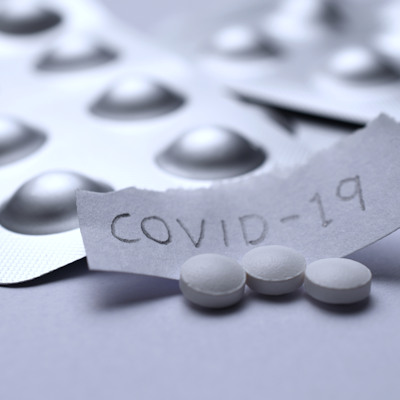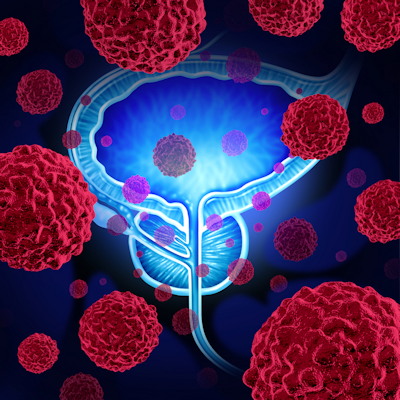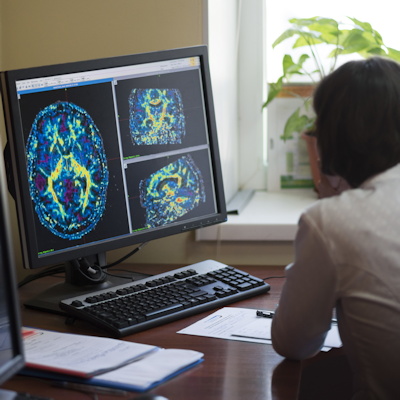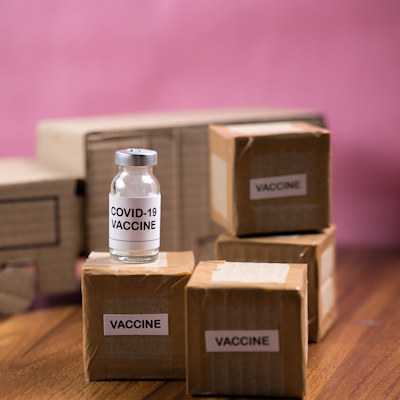 Artificial intelligence tool identifies current drugs for future pandemics
Artificial intelligence tool identifies current drugs for future pandemics
Researchers have created an artificial intelligence (AI)-based algorithmic tool that calculates how to effectively repurpose current drugs to combat both COVID-19 and future pandemics. Read More
 COVID-19 leads to increased chest pain long after infection
COVID-19 leads to increased chest pain long after infection
Researchers from Utah-based Intermountain Health, a not-for-profit system of hospitals, studied nearly 150,000 patients for cardiovascular symptoms following a COVID-19 infection. Read More
 Illumina, Myriad Genetics provide U.S. access to HRD research test
Illumina, Myriad Genetics provide U.S. access to HRD research test
Illumina and Myriad Genetics have expanded a strategic partnership aimed at broadening access to oncology homologous recombination deficiency (HRD) testing for oncology. Read More
 Collaborative research helps long-COVID patients recover
Collaborative research helps long-COVID patients recover
In the NIH Directors Blog posted on Wednesday, Dr. Gary Gibbons of the National Heart, Lung, and Blood Institute writes about a National Institutes of Health (NIH) initiative, Researching COVID to Enhance Recovery (RECOVER). Read More
 Stem cell-loaded plug improves outcomes in hard-to-treat Crohn’s disease patients
Stem cell-loaded plug improves outcomes in hard-to-treat Crohn’s disease patients
Most Crohn’s disease patients experienced complete clinical healing of perianal fistulas after treatment with a stem cell-loaded plug, according to data published in the journal Diseases of the Colon & Rectum. Read More
 Active surveillance on the rise for low-risk prostate cancer
Active surveillance on the rise for low-risk prostate cancer
A large study indicates that active surveillance rates for managing low-risk prostate cancer are rising nationally, but are still suboptimal. Read More
 Immune homing mechanism enables targeted drug delivery to pediatric brain tumors in mice
Immune homing mechanism enables targeted drug delivery to pediatric brain tumors in mice
Piggybacking on the homing mechanism that the immune system uses to direct white blood cells could enable the targeted delivery of drugs in children with brain tumors, according to research published on Thursday in Nature Materials. Read More
 Aiming targeted protein degradation at kinase unlocks potential way to treat Alzheimer’s
Aiming targeted protein degradation at kinase unlocks potential way to treat Alzheimer’s
A targeted protein degrader could break apart a kinase implicated in Alzheimer’s disease to improve the cognitive abilities of patients with the neurodegenerative condition, according to a study published March 1 in ACS Central Science. Read More
 COVID-19 vaccine development: Public funding yielded private profits
COVID-19 vaccine development: Public funding yielded private profits
Decades before the COVID-19 pandemic, the U.S. government invested at least $337 million into critical research that led to mRNA COVID-19 vaccines. The government also paid $31.6 billion during the pandemic for vaccine research, production, and vaccines for all Americans. Read More
 Improved gut-on-chip devices spur research into how the microbiome affects human health
Improved gut-on-chip devices spur research into how the microbiome affects human health
Gut-on-chip devices can now simulate microbial and human cellular biology to enable the analysis of the microbiome, according to a study published in APL Bioengineering. Read More
Member Rewards
Earn points for contributing to market research. Redeem your points for merchandise, travel, or even to help your favorite charity.
Research Topics
Interact with an engaged, global community of your peers who come together to discuss their work and opportunities.
Connect
Tweets by @ScienceBoard



